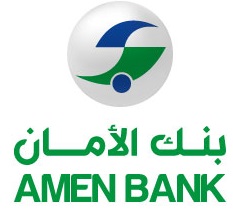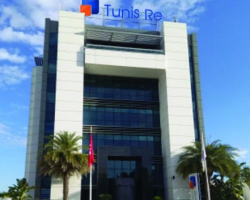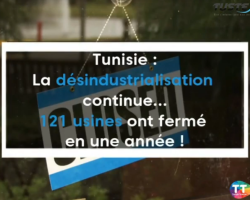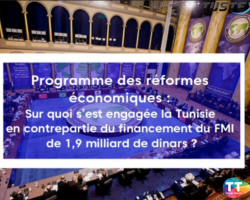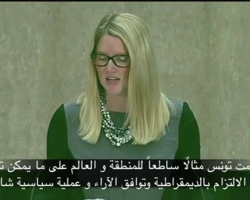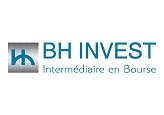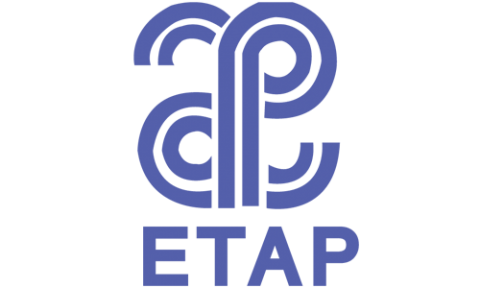
Fitch Ratings a annoncé le 1er avril, avoir relevé la perspective de la note nationale à long terme de l’Entreprise Tunisienne d'Activités Pétrolières (ETAP) de négative à stable, et confirmé la note à ‘'AA-(tun)’, la note nationale à court terme a été également confirmée à 'F1+(tun)'.
La décision de l’agence de notation a été motivée par la révision de la perspective de la note souveraine tunisienne de négative à stable, en date du 27 mars 2015, le rehaussement de la perspective de l’ETAP suis les critères appliqués par Fitch Ratings, qui garde la note de l’institution un cran en dessous de sa note parente, d’autant plus que l’Etat tunisien déteint la totalité du capital de l’ETAP.
Version anglaise du communiqué Fitch Ratings :
Fitch Ratings has revised Tunisian oil and gas company Entreprise Tunisienne d'Activites Petrolieres' (ETAP) Outlook to Stable from Negative and affirmed its National Long-term rating at 'AA-(tun)' and National Short-term rating at 'F1+(tun)'. ETAP is a wholly-state-owned company with the specific status of a business-oriented public entity, commonly known as an EPNA. KEY RATING DRIVERS The rating action follows Fitch's revision of Tunisia's sovereign Outlook to Stable from Negative. Fitch applies its parent & subsidiary rating linkage methodology, notching ETAP down one notch from its parent, the Tunisian sovereign, due to tight legal, strategic and operational links between ETAP and its sole shareholder. KEY ASSUMPTIONS: Fitch's key assumptions within our rating case for the issuer include: - Oil and gas prices in line with Fitch's base case price deck of USD 55/bbl for oil and USD6/mcf in 2015 and USD65/bbl and USD6/mcf in 2016. - Capex includes maintenance capex and capex related to Nawara project spread over 2014-2016. - No dividends. RATING SENSITIVITIES Weakening links to the state or/and weaker state support would result in a downgrade of ETAP's ratings. Triggers for a downgrade also include a significant deterioration in ETAP's credit metrics resulting from a lack of state support or financial pressure from the state.

